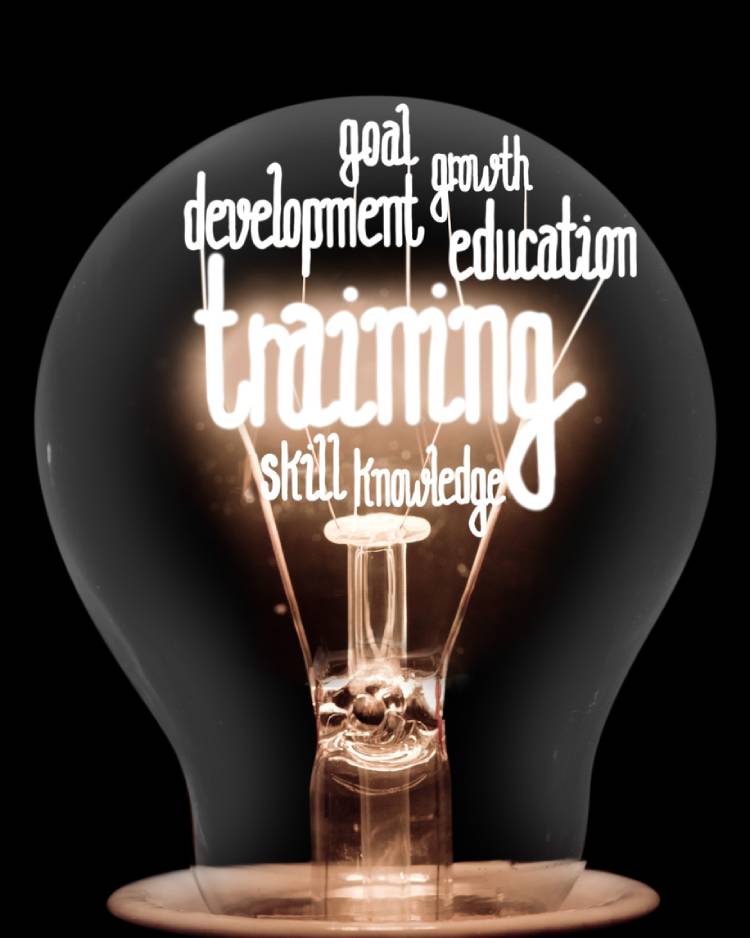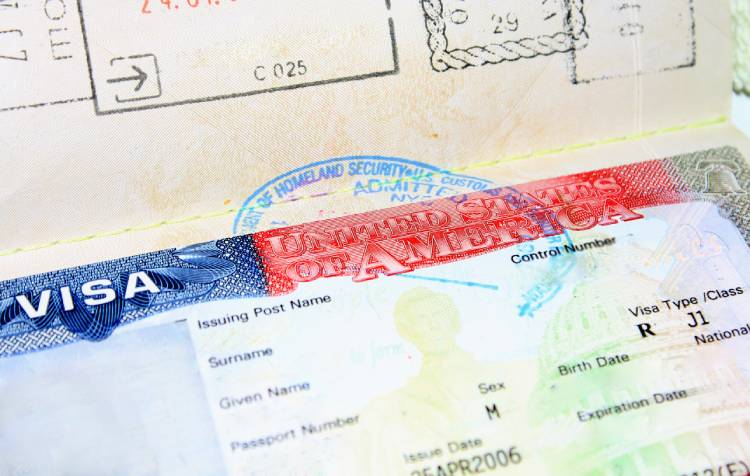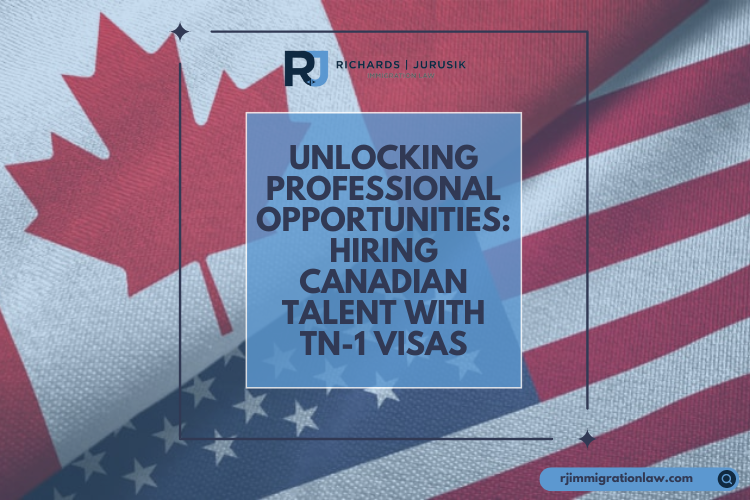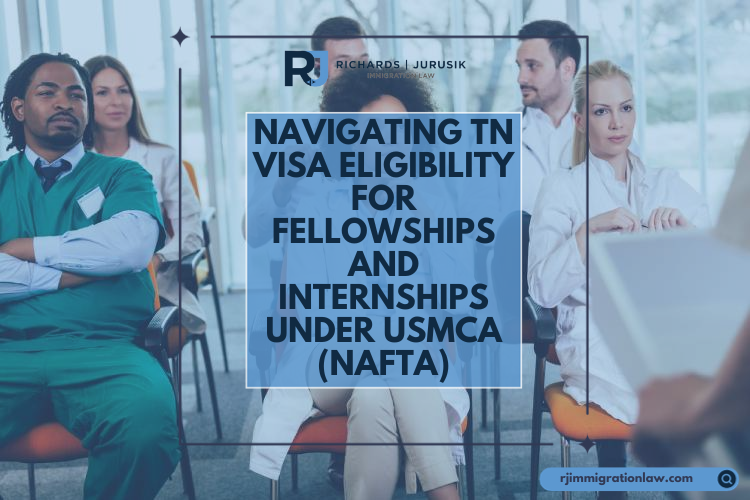The United States Citizenship and Immigration Services (USCIS) ‘Three to One’ Rule allows applicants to obtain an H-1 B visa without a traditional college degree. This guide covers the rule’s nuances and demonstrates how to transform work experience and academic training equivalencies into a successful H-1B visa application strategy.
The USCIS ‘Three to One’ Rule Unveiled
Central to the discussion is the ‘Three to One’ rule, as delineated in 8 C.F.R. §214.2(h)(4)(iii)(D)(5), providing a pivotal advantage for applicants lacking a standard four-year college education. The regulation stipulates that three years of professional training and pertinent work experience are equivalent to one year of higher education in a related field. This equivalency framework is instrumental for individuals striving to meet the H-1B visa’s educational criteria.
Charting Your Educational Equivalency Journey
The rule paves multiple pathways to fulfill the degree requirements for an H-1B visa, contingent upon your educational and professional background:
- For Candidates with No Formal Education: Exhibit a minimum of 12 years of relevant professional experience as a substitute for the degree requirement.
- For 2-Year Diploma Holders: Enhance your academic credentials with six years of related work experience.
- For 3-Year Degree Holders: Achieve your degree equivalency by incorporating three years of applicable professional experience.
Demonstrating Specialty Occupation Qualifications
A key aspect of securing an H-1B visa without a degree is providing unequivocal proof of your qualifications. For each claimed year of experience, it is crucial to present detailed experience letters from past or present employers. These documents should be authored by supervisory personnel and detail employment duration, specific roles, and duties, among other particulars. Personal documents like resumes or CVs cannot be used as sole evidence of experience.
Engaging with accredited evaluation services for a formal assessment of your education and experience amalgam can considerably enhance the strength of your H-1B application. Such validations lend authoritative support, underscoring your eligibility.
Conclusion
Leveraging the USCIS ‘Three to One’ Rule effectively requires a strategic approach to documenting your professional journey and academic credentials. By assembling evidence of your qualifications and consulting with evaluation professionals, you can navigate the complexities of the H-1B visa process without a traditional degree. Use this opportunity to advance your career in the United States by demonstrating how your unique combination of experience and training aligns with the requirements of a specialty occupation.
Subscribe to Our Resources Blog
Schedule a Consultation with an Immigration Lawyer
Citations
We Can Help!
You may have questions regarding U.S. immigration laws and visas. We invite you to contact our team at Richards and Jurusik for detailed guidance and assistance. We aim to provide the most accurate and up-to-date information to make your immigration process smoother and less stressful. The immigration lawyers at Richards and Jurusik have decades of experience helping people to work and live in the United States. Read some of our hundreds of 5-star client reviews! Contact us today to assess your legal situation.







